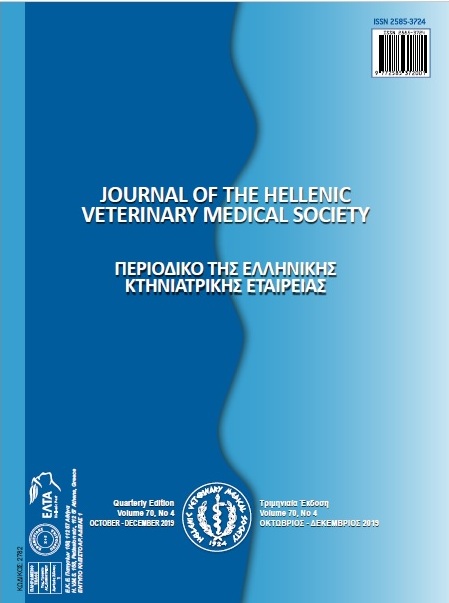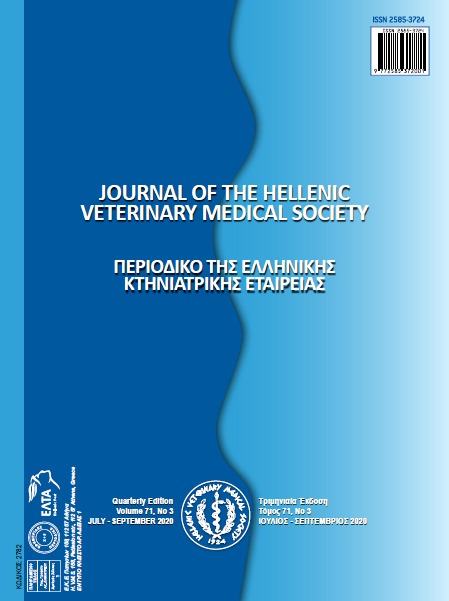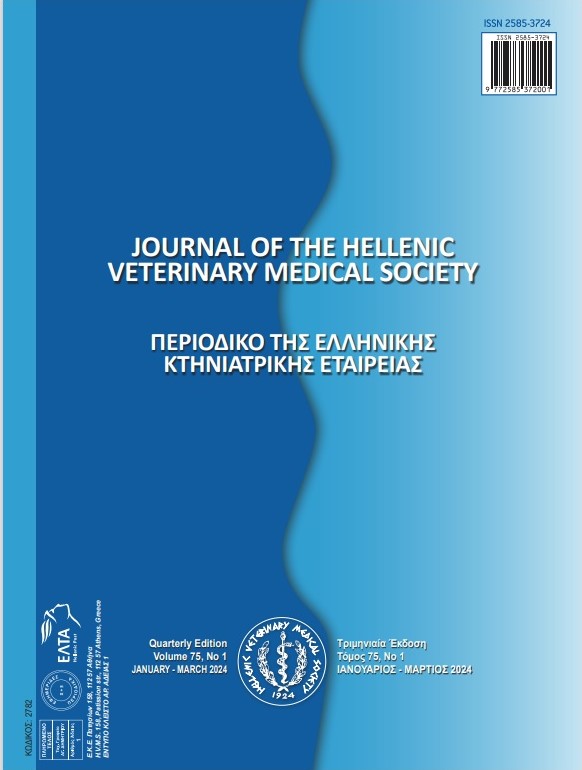Distribution of serotypes of Listeria monocytogenes in chicken meats in Turkey
Abstract
Listeria monocytogenes is one of the important causes of food-borne infections. This study was conducted to determine the presence of L. monocytogenes and its serotype distribution in a total of 400 packaged chicken meat products (drumstick, breast, wing, and whole chicken) from different national companies. L. monocytogenes contamination was detected in 26.5% (106 in 400) of all samples when the products considered, drumsticks, breasts, wings, and whole chickens showed 47%, 15%, 35, and 9% positivity respectively. Four important serotypes of L. monocytogenes in human listeriosis (1/2a, 1/2b, 1/2c and 4b) were identified, and serotype 1/2a (94.3%) was determined as predominant in packaged chicken meats. The present study revealed that L. monocytogenes 1/2a serotype is prevalent in chicken meats and this may cause public health problems in Turkey. Further studies in poultry meats should be conducted on a large scale such as regional or national big markets to determine the presence of the pathogen and its dominant serotypes.
Article Details
- Zitationsvorschlag
-
SAHIN, S., KALIN, R., & MOGULKOC, M. (2020). Distribution of serotypes of Listeria monocytogenes in chicken meats in Turkey. Journal of the Hellenic Veterinary Medical Society, 70(4), 1859–1864. https://doi.org/10.12681/jhvms.22328
- Ausgabe
- Bd. 70 Nr. 4 (2019)
- Rubrik
- Research Articles

Dieses Werk steht unter der Lizenz Creative Commons Namensnennung - Nicht-kommerziell 4.0 International.
Authors who publish with this journal agree to the following terms:
· Authors retain copyright and grant the journal right of first publication with the work simultaneously licensed under a Creative Commons Attribution Non-Commercial License that allows others to share the work with an acknowledgement of the work's authorship and initial publication in this journal.
· Authors are able to enter into separate, additional contractual arrangements for the non-exclusive distribution of the journal's published version of the work (e.g. post it to an institutional repository or publish it in a book), with an acknowledgement of its initial publication in this journal.
· Authors are permitted and encouraged to post their work online (preferably in institutional repositories or on their website) prior to and during the submission process, as it can lead to productive exchanges, as well as earlier and greater citation of published work.





